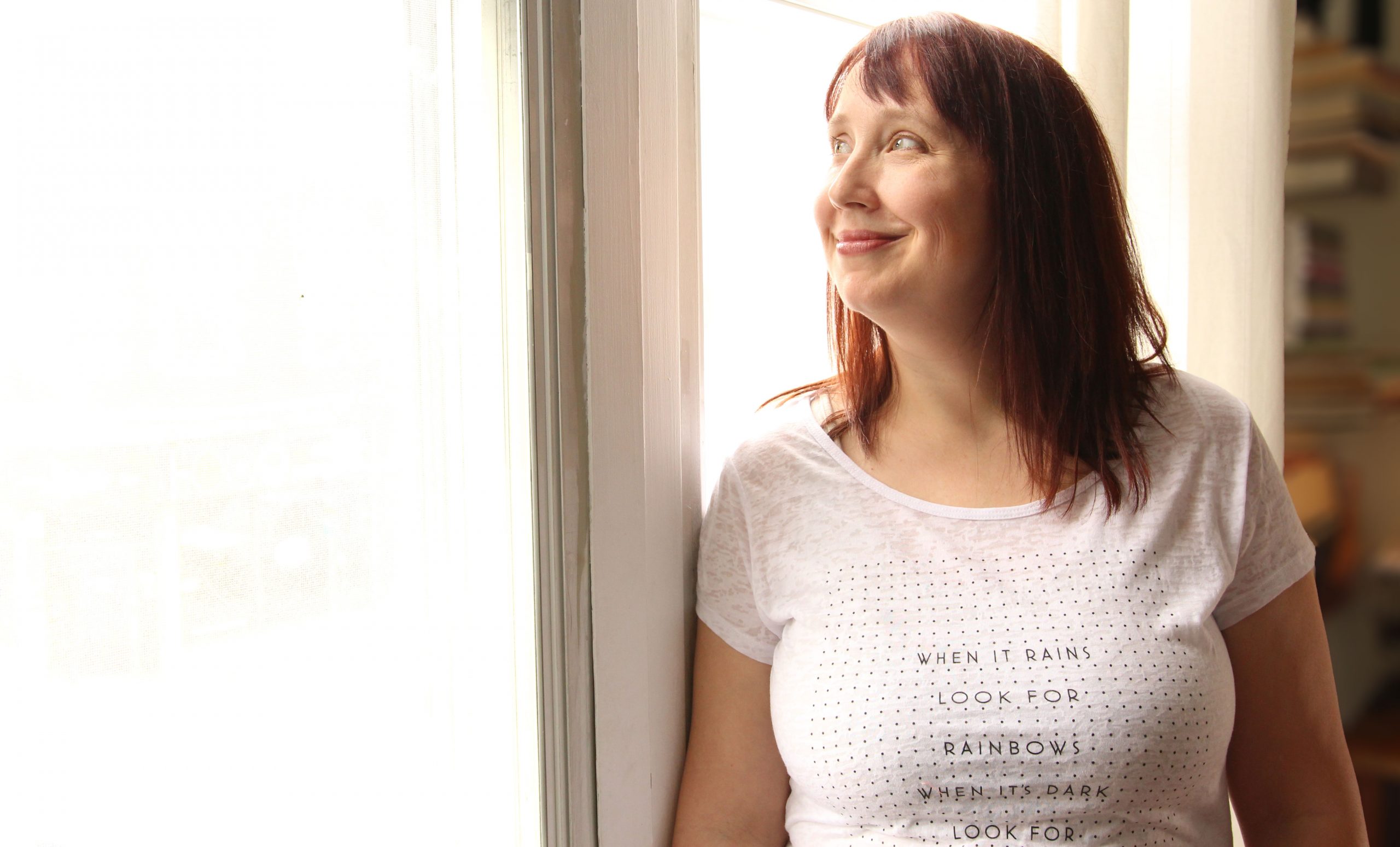Rachel Thompson is the founder of Lit Mag Love, an online course that supports writers in their efforts to submit to literary magazines, the former managing editor of Room, and a current member of the editorial board. She will edit our March 2018 issue, “Family Secrets,” which is open to submissions until July 31, 2017. Assistant editor Arielle Spence asked Rachel a few questions about the nature of secret-sharing, her own family secrets, and what she looks for in a submission.
Rachel Thompson is the founder of Lit Mag Love, an online course that supports writers in their efforts to submit to literary magazines, the former managing editor of Room, and a current member of the editorial board. She will edit our March 2018 issue, “Family Secrets,” which is open to submissions until July 31, 2017.
Assistant editor Arielle Spence asked Rachel a few questions about the nature of secret-sharing, her own family secrets, and what she looks for in a submission.
ROOM: What excites you about the Family Secrets theme?
RT: It seems that the theme is resonating with writers and we’ll have a big selection to choose from. That excites me. I love to see what writers make of our set-themed issues. In my experience with the three others I’ve done, we go to places and attract ideas I could never have anticipated.
ROOM: What are you looking for in a submission?
RT: I want it to start hot, and I’m also looking for writing that doesn’t flinch. I love it when writing does not look away when things get difficult. It should end on a satisfying, but not too pat, note. And, like I said, I’m open to discovering what you think the theme means and what writing you think explores the idea of family secrets. The secrets also don’t need to be bad. There can possibly be happy, or at least loving, secrets.
ROOM: Do you think all families have secrets? Are they always harmful, or sometimes necessary?
RT: Hmm . . . I’m not sure. I know mine does. And I know some other family’s secrets by virtue of being close friends with some members. So, probably. There may be that unicorn family who lives life like an open book, but I think it’s unlikely when you have so much shame in our dominant culture, and the tensions between different generational attitudes about privacy.
ROOM: Do you have a family secret of your own you feel comfortable sharing?
RT: There are many secrets that are not mine to tell because they belong to other family members. As for me, I don’t think I have many secrets. I write a lot about my losses, my foibles, my place in a messy family of origin, and my “secret” shames. I do this in part because I want to get past the shame and to move on to connect with others—writers or readers—who understand what I’m saying.
Now I am trying to think of something I can confess to right now!
I guess the secret shame I have comes while I’m parenting and trying to work and trying to write. I often feel like a complete failure at all three. This is an open secret, as I try not to do what my parents did, which is to pretend everything was perfect. It put so much pressure on us, their kids, to have to pretend and we learned to keep up appearances early on in life. My mother would scream at us in one breath and with literally the same air sweetly answer the phone with a modulated voice. It’s a neat trick, but not a dishonesty I want to play out in my family. If it’s all gone to shit, I want to be able to say that! I find other people find it a relief when you do.
ROOM: Do you have any advice for how writers can deal with the potential discomfort of divulging their (or another family’s) secrets in their art?
RT: A lot of writers will share their work with family members before they publish. I don’t think you have to do this, but you do have to have a plan and consider what’s going to work best in your unique family system.
The most important thing, I think, is that you are ready to share your writing and ready for the impact of sharing this writing. You can write about what you want with a devil-may-care attitude, but consider if you’re ready to share it or if you’re still working through things. I wish I had done that with some work I published before I was ready. On the other hand, it was also so affirming to find readers who connected with my experiences.
ROOM: As the former Managing Editor of Room Magazine, and the founder of Lit Mag Love, what is your biggest piece of advice for first-time submitters?
RT: Revise your work well. Really put it through the wringer and, in narrative, consider things like causality in the plot and opening your story right in the middle of an important decision point or action. For poetry, consider every line break and listen to the music in your verse. For everyone, read your work aloud before you send it in. It’ll help you hear where it falters and fix some mistakes. Lastly, write the stories only you can tell—be brave when you inscribe and ruthless when you edit.
ROOM: Which books are on your nightstand right now?
RT: I’ve just picked up Birdie by Tracey Lindberg, a good family-secrets story, I’m told by your co-assistant editor on the issue, Alissa McArthur. I’m always reading about writing, and since I’m working on some lyric essays right now, the book Tell it Slant is another one I’ve just cracked.














